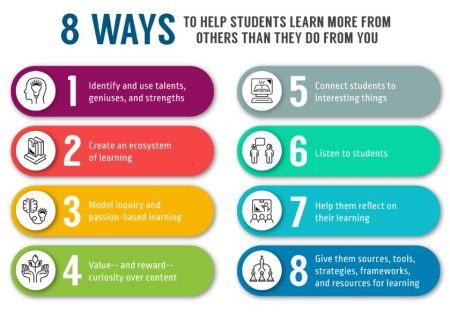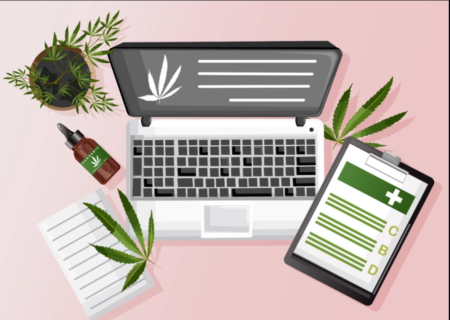Maintaining online privacy and security is more crucial than ever in today’s digital age. A Virtual Private Network (VPN) is often touted as essential for safeguarding one’s internet activities. But how effective are VPNs? Do they genuinely protect your data and provide the anonymity that they promise? This article delves into these questions, providing insights into the functionality of VPNs, the efficacy of paid versus free services, and practical tips for using VPNs wisely.
How Do VPNs Work?
A VPN is designed to create a secure tunnel between your device and the internet. Doing so encrypts your internet traffic, making it unintelligible to anyone who might try to intercept it, such as hackers or eavesdroppers on an unsecured Wi-Fi network. Additionally, a VPN masks your IP address, meaning your online activities cannot be traced back to you. But do VPNs really work as effectively as they promise? The answer largely depends on the VPN service provider you choose.
While reputable VPN providers typically employ sophisticated encryption protocols and robust privacy policies, it is essential to research and select a VPN service that aligns with your privacy needs. Not all VPNs offer the same level of security and privacy, so understanding the underlying technology and commitment of the provider is crucial.
Benefits of Using a VPN
VPNs offer a myriad of benefits beyond essential privacy and security. They allow access to geo-restricted content by masking your geographical location. This means you can enjoy content from streaming services that might be unavailable in your region. Moreover, VPNs can help prevent bandwidth throttling by your internet service provider, enabling faster internet speeds for activities like streaming, gaming, and downloading.
Another significant advantage of using a VPN is its ability to protect against cyber threats on public Wi-Fi networks. When using public hotspots in cafes, airports, or hotels, your data becomes vulnerable to interception. A VPN shields your connection, providing peace of mind in such scenarios.
Why Free VPNs Are Not Safe
While the prospect of a free VPN service may be appealing, these services often come with significant trade-offs that belie their cost-saving allure. Free VPN providers frequently generate revenue by selling user data to third parties, defeating the VPN’s primary purpose of protecting privacy. Furthermore, free services often employ weaker encryption standards, increasing the risk of data breaches.
Additionally, free VPNs typically offer limited server locations and reduced bandwidth, resulting in poor performance and slow connection speeds. This can impede your browsing experience and lead to unexpected disruptions during critical online activities. For these reasons, investing in a reputable, paid VPN service is advised to ensure comprehensive security and optimal performance.
How to Choose a Reliable VPN Service
Several factors should be considered when evaluating VPNs to ensure you select a reliable service. First, examine the provider’s privacy policy and ensure it has a strict no-logs policy, meaning it does not store any data on your internet activities. This is critical for maintaining anonymity online.
Pay attention to the encryption protocols utilized by the VPN. Look for industry-standard protocols, such as OpenVPN or WireGuard, which provide strong security without compromising performance. It’s also wise to verify the service’s jurisdiction. Choosing a VPN based in a privacy-friendly country can prevent unwanted governmental data inquiries.
Finally, assess the range of server locations and their spread across various countries, as a broader network can enhance connectivity and access to global content. Customer support and user interface simplicity are other aspects to consider for a seamless experience.
Common Misconceptions About VPNs
Several misconceptions about VPNs persist, leading to misguided expectations or usage. One common belief is that using a VPN renders you completely anonymous online. While VPNs significantly enhance privacy by hiding your IP address and encrypting your traffic, they do not make you completely invisible. Websites can still see your activities if you are logged in or if they use tracking cookies.
Another misconception is that VPNs can protect you from all types of cyber threats, such as phishing or malware. While a VPN does safeguard your connection, it is not a substitute for comprehensive cybersecurity solutions like antivirus software. Users must remain vigilant and employ other protective measures with a VPN for complete security.
Practical Tips for Using VPNs
There are several practical tips to remember and several valuable tips to remember. Permanently activate your VPN before connecting to a public Wi-Fi network to protect your data from threats. Routinely update the VPN application to ensure the latest security enhancements defend you.
Consistently assess VPN performance by checking for IP and DNS leaks using online testing tools. This will ensure that your information is not unintentionally exposed. Additionally, consider enabling the VPN’s kill switch feature, which cuts off internet access if the VPN connection drops, preventing data exposure.
Conclusion
VPNs are powerful tools in the digital privacy arsenal, providing essential protection in an era where online threats are ever-evolving. Encrypting Internet traffic and masking IP addresses offer indispensable privacy and security for Internet users. However, not all VPNs are created equal, and selecting a reputable, paid service is imperative to enjoy the full spectrum of benefits without compromising security. While free VPNs may entice with cost-saving advantages, their hidden costs often outweigh their benefits. Educating oneself about the capabilities and limitations of VPNs can lead to more informed decision-making and a safer online experience.
This article provides a comprehensive view of VPNs, discussing their benefits, limitations, and practical usage.














